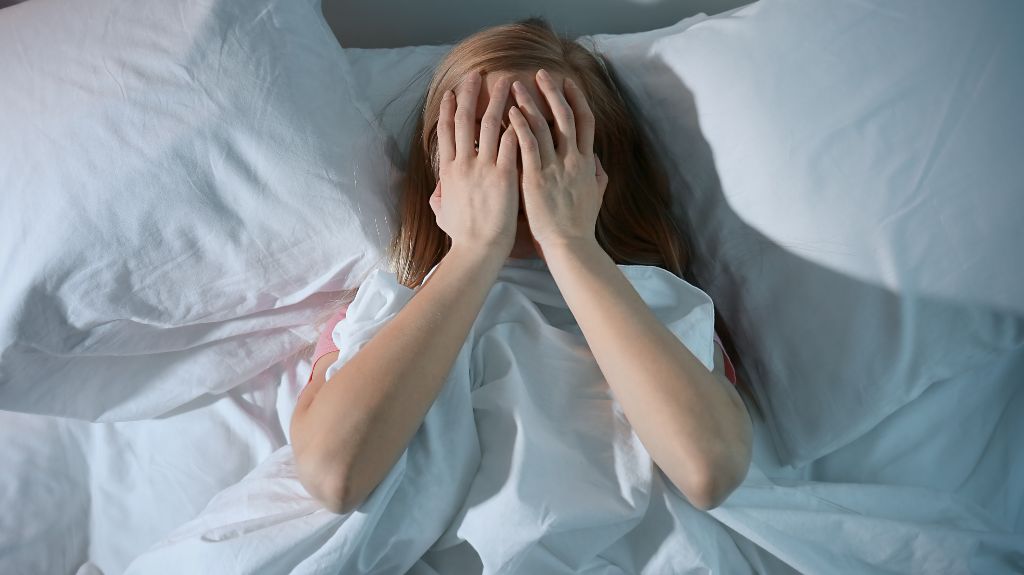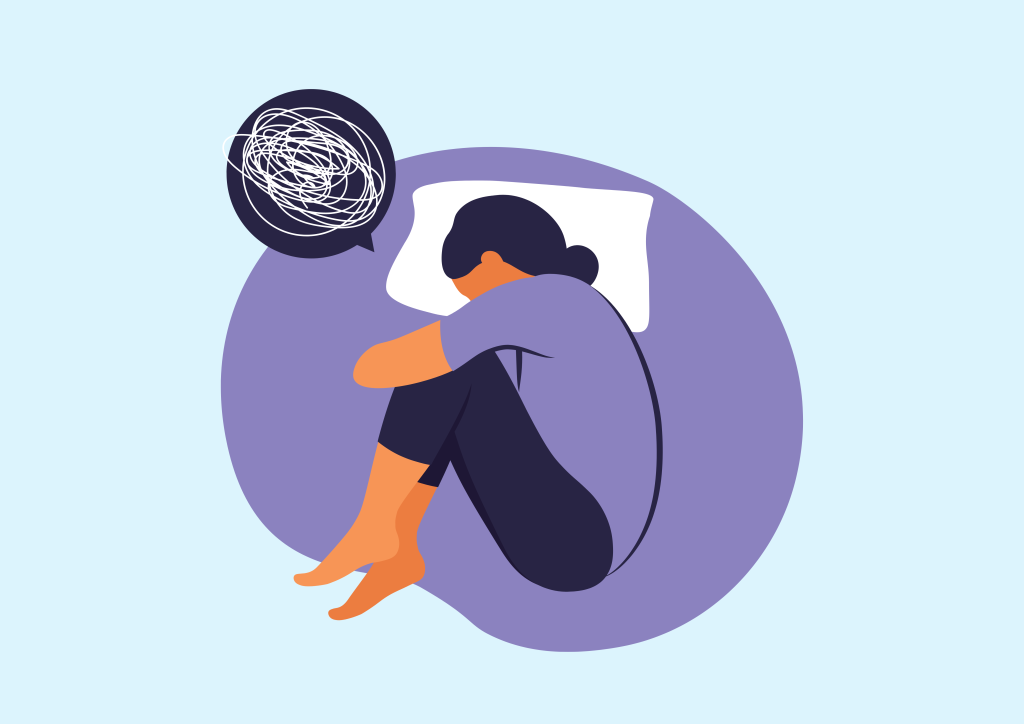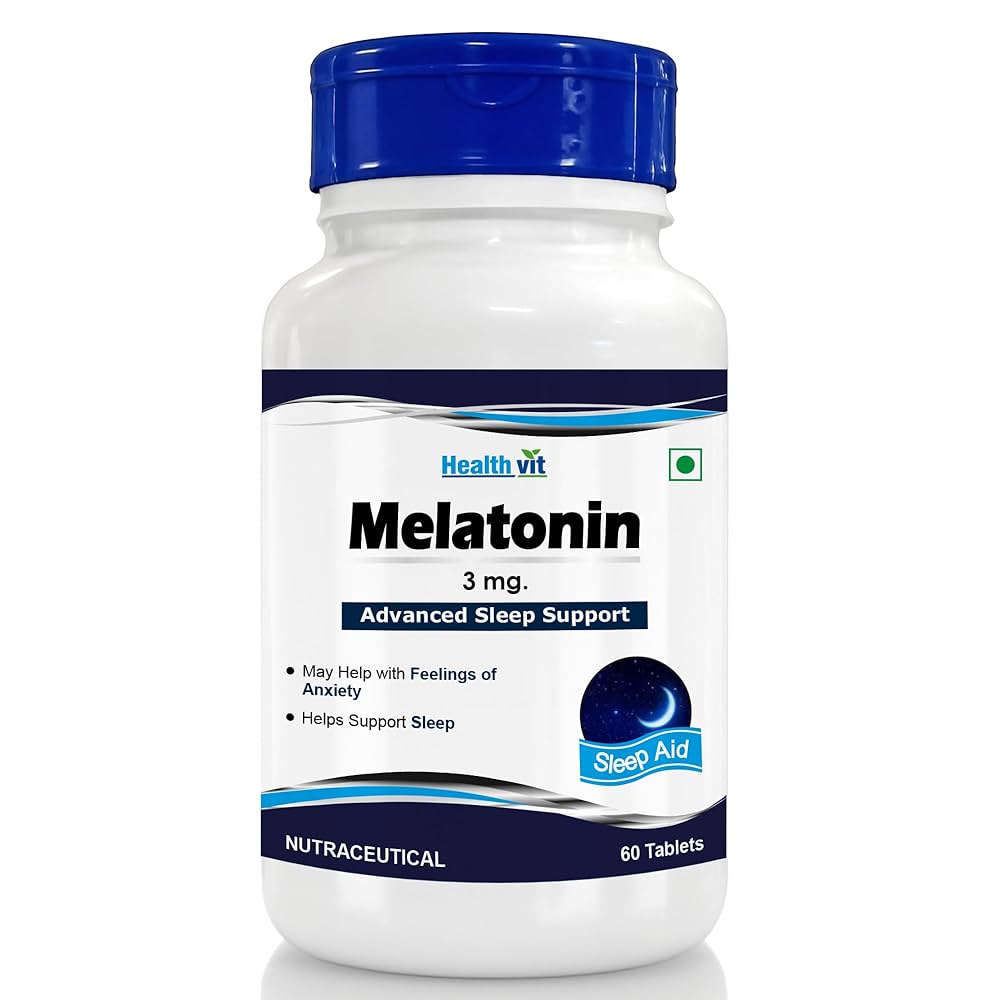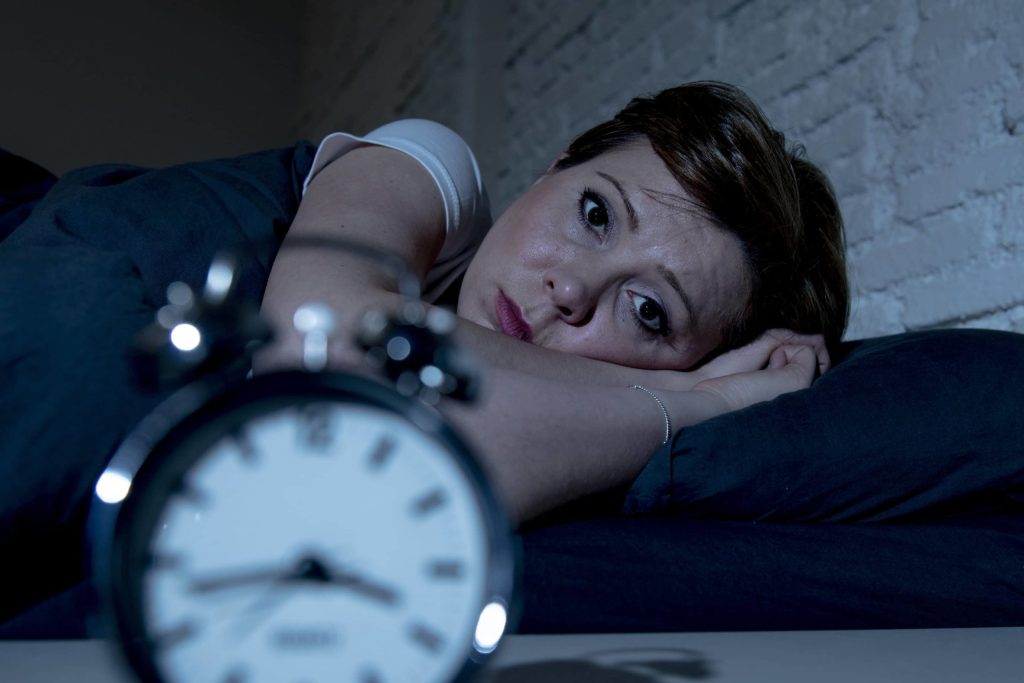Insomnia is a common sleep disorder that makes it hard to fall asleep, stay asleep, or causes early waking with difficulty returning to sleep. It can affect your energy, mood, concentration, and overall health.

Types of Insomnia
1. Acute Insomnia (Short-Term)
- Lasts a few days to weeks.
- Often triggered by stress, life events, illness, or environmental changes.
2. Chronic Insomnia
Often linked to medical or psychological conditions, medications, or lifestyle habits.
Occurs at least 3 nights a week for 3 months or longer.

Common Causes of Insomnia
Psychological:
- Stress
- Anxiety or depression
- PTSD
Physical/Medical:
- Chronic pain
- Asthma
- GERD (acid reflux)
- Neurological conditions
- Hormonal changes (e.g., menopause)
Lifestyle Factors:
- Irregular sleep schedule
- Excessive caffeine or alcohol
- Lack of physical activity
- Screen use before bed
Symptoms of Insomnia
- Difficulty falling asleep
- Waking up frequently during the night
- Waking up too early
- Daytime fatigue or sleepiness
- Irritability, depression, or anxiety
- Poor concentration or memory
- Worry about sleep
Treatment of Insomnia
1. Cognitive Behavioral Therapy for Insomnia (CBT-I)
- First-line treatment for chronic insomnia
- Focuses on changing sleep habits and negative thoughts about sleep
- Often more effective than medication long-term
2. Lifestyle and Behavioral Changes
- Sleep hygiene (see below)
- Relaxation techniques (deep breathing, meditation)
- Consistent sleep schedule
- Limit naps (especially after 3 PM)
And here is a supplement who helps :

Melatonin is a hormone naturally produced by the pineal gland in the brain, primarily in response to darkness. It plays a key role in regulating the circadian rhythm , your body’s internal clock that controls sleep and wake cycles.
